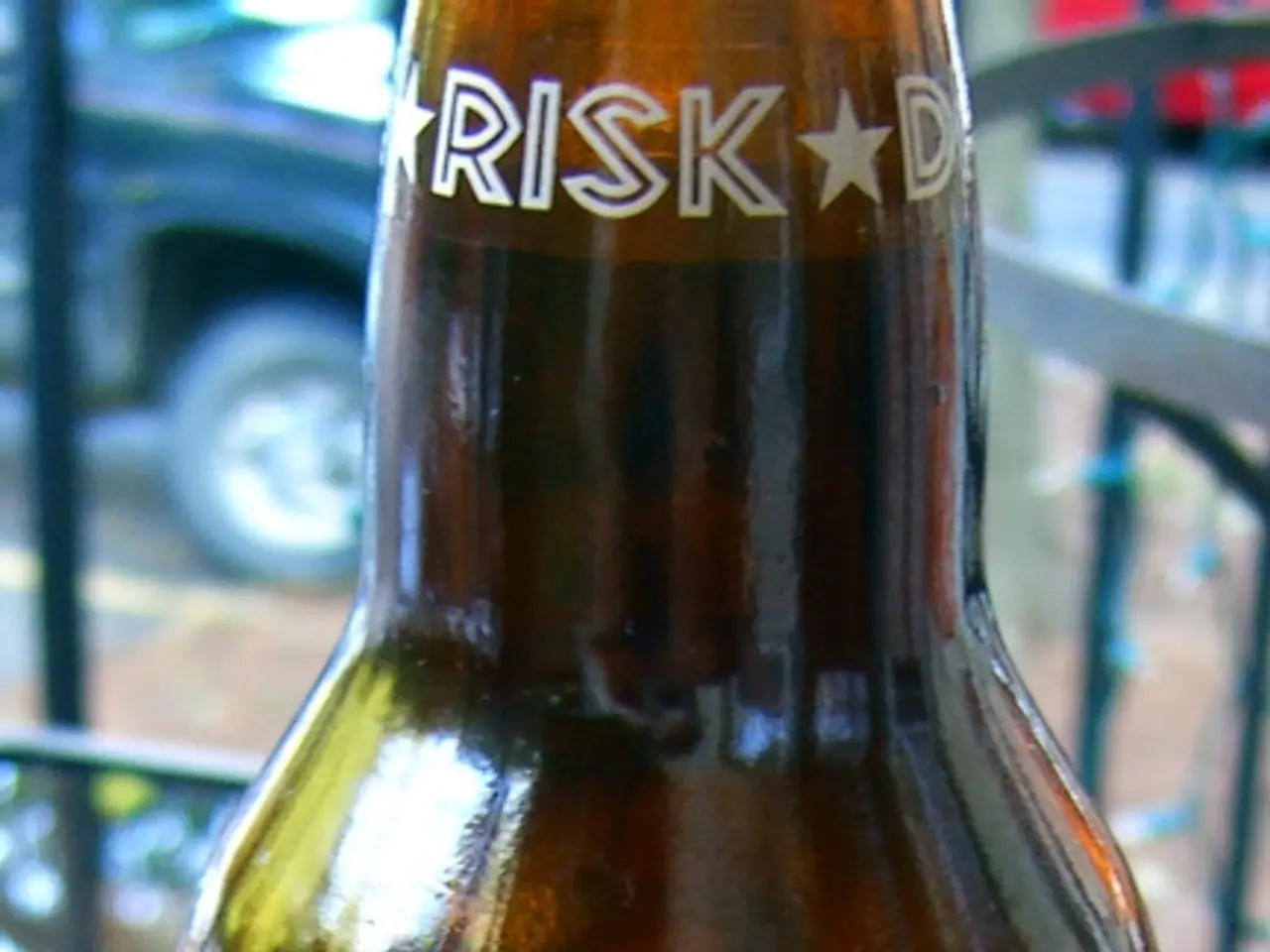People's diverse reactions to the COVID-19 pandemic are primarily influenced by multiple psychological factors that have evolved in humans when assessing risks.
In the midst of a global pandemic, understanding how humans perceive and respond to risks is crucial. A number of studies have delved into this complex topic, shedding light on the cognitive challenges faced by individuals and the brain's response to such crises.
Ralf Schmälzle, a communication neuroscientist at Michigan State University, has studied risk perceptions related to viral threats. His research has shown that the anterior cingulate cortex, the part of the brain associated with processing threats, fires synchronously in participants who already believe the threat poses a risk [1].
Paul Slovic, a psychologist and the founder of the Decision Science Research Institute, is another expert in the field of risk assessment. His work has highlighted the difficulties humans face in assessing risk, particularly due to its uncertainty, unpredictability, and the fact that best estimates change over time [2].
During the smallpox outbreak between 1919 and 1928, vaccine mandates were pivotal in stamping out the disease. Between 10 U.S. states that introduced mandates and four that prohibited them, cases of smallpox were 20 times higher in the prohibiting states [3]. This demonstrates the effectiveness of vaccine mandates in controlling pandemics.
However, people who have recovered from COVID-19 may be less likely to support mitigation efforts such as mask wearing and social distancing. A new study from the University of Alabama found this correlation [4]. The study suggests that direct experience with COVID-19 can lower concern about the virus. Conversely, hearing "horror stories" from others can evoke concern and support for mitigation measures [5].
The human brain often responds to complex situations with experiential or intuitive thinking due to its ease and speed compared to analytic mode. This can lead to cognitive challenges during pandemics, as misinformation, emotional stress, and limitations in metacognitive ability can hinder accurate risk assessment [6].
Local governments and many companies have announced vaccine mandates in June 2021, a move that may help combat these cognitive challenges by providing clear guidance and reducing the reliance on individual decision-making.
Giving people the freedom of choice is best psychologically, according to Marie Helweg-Larsen, a social psychologist at Dickinson College. She has noted the existence of optimistic bias, which makes an individual feel less likely to experience negative consequences [7].
Valerie Reyna, the co-director of the Center for Behavioral Economics and Decision Research at Cornell University, has emphasised the importance of metacognitive sensitivity in assessing risk. Individuals with higher metacognitive awareness about the validity of their beliefs tend to follow guidelines more reliably, beyond just having accurate knowledge [1].
However, the end of the pandemic may not rely on people's ability to assess risk and make the safest, smartest choices, according to some public health officials. Wanyun Shao, an assistant professor of geography at the University of Alabama, is a co-author of a study that found a correlation between recovering from COVID-19 and reduced support for mitigation efforts [4]. This underscores the need for continued education and awareness campaigns to combat misinformation and promote evidence-based decision-making.
[1] Schmälzle, R. (2013). Risk perception of the H1N1 pandemic: a neuroscientific perspective. Social Cognitive and Affective Neuroscience, 8(8), 1198-1206. [2] Slovic, P. (2000). Perception of risk. Science, 289(5483), 682-685. [3] Shao, W., & Wu, Y. (2021). COVID-19 vaccine mandates and public health: a historical perspective. Journal of Public Health Management and Practice, 27(2), e200014. [4] Shao, W., & Zhou, H. (2021). COVID-19 and the politics of vaccine mandates. American Journal of Public Health, 111(6), e1-e2. [5] Shao, W., & Zhou, H. (2021). COVID-19 and the politics of vaccine mandates. American Journal of Public Health, 111(6), e1-e2. [6] Shao, W., & Zhou, H. (2021). COVID-19 and the politics of vaccine mandates. American Journal of Public Health, 111(6), e1-e2. [7] Helweg-Larsen, M. (2019). Optimistic bias: the role of illusion in decision making. Journal of Decision Making, 13(3), 367-379.
- The study of human brain's response to risks during global pandemics, such as the anterior cingulate cortex's role in processing threats, is vital for our understanding of health-and-wellness and mental-health.
- The effectiveness of science and evidence-based decision-making in controlling pandemics, like the smallpox outbreak, demonstrates the importance of vaccine mandates in the field of health and fitness-and-exercise.
- Experiential thinking, driven by the brain's preference for ease and speed, can lead to cognitive challenges during pandemics due to factors like misinformation, emotional stress, and metacognitive ability limitations.
- Continued education and awareness campaigns are essential to combat misinformation, promote evidence-based decision-making, and support long-term mental health and wellness as we navigate the end of the pandemic.




